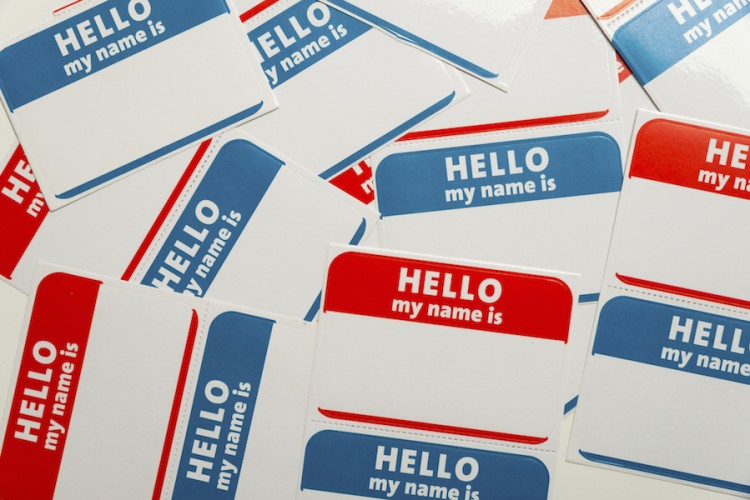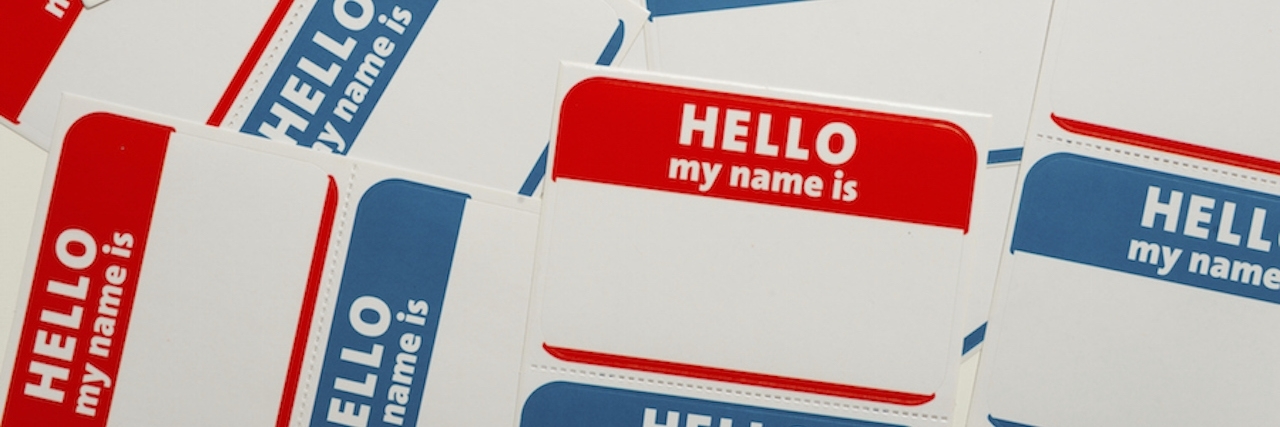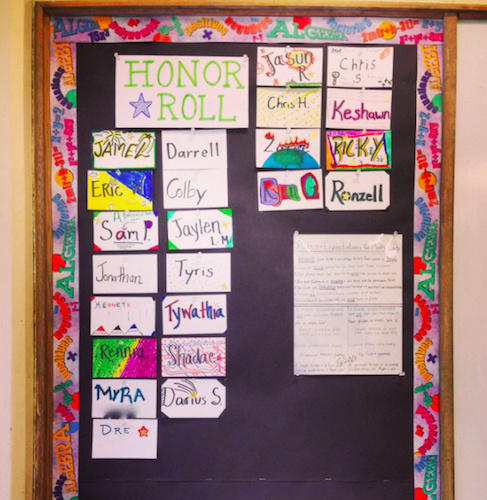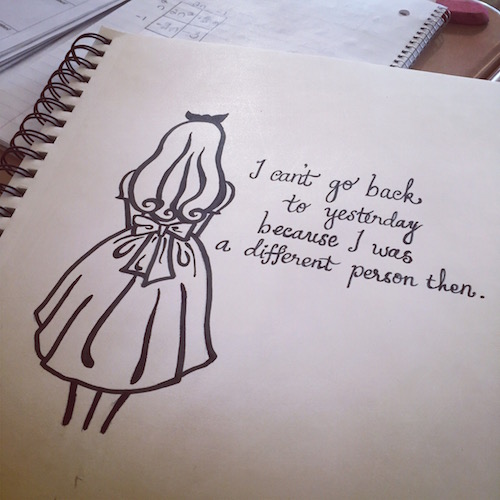Why I Used to Hate Hearing My Name Said Out Loud
I’ve observed that kids love doodling their own names. That’s the first thing many of them do given any downtime at school, boys and girls alike. Along the margins of their notebooks you’ll find their names in cursive, block letters, graffiti-style…
More recently, my colleague had the brilliant idea of creating an “Honor Roll” board to put up the names of students who are getting the target minimum B in their regular math class. Everyone got busy writing their names on individual notecards. Boy did that activity take much longer than expected. For the first time, some were meticulously using their best penmanship, even decorating the borders and background, and asking to start over on a fresh card when they messed up. A far cry from the pages of their math notebooks (you’d think they’re deliberately trying to veer as far from the margins as possible).
I mentioned this “phenomenon” to a friend, who pointed out that name-writing is a powerful form of self-identity and self-expression. It makes sense that this impetus would be particularly strong during formative and experimental teenage years.
Your name represents you. It’s how you represent yourself to others, as well as to yourself, and it’s something people associate with you. While deep in depression, I developed a profound shame of my own name.
I wasn’t too surprised by how I hated seeing myself in the mirror — that happened the previous two times I was depressed and was a natural consequence of an unhealthy self-esteem. What was new this time round was how I hated hearing my name, seeing my name and worst of all having to say my name.

While deep in depression, I had neither the mental energy nor agility to understand why this was happening. It’s clear to me now. I had come to attach my name to everything I have done, but most of all my failures and mistakes.
I had come to despise my own existence. And your name, after all, is like a footprint of your existence — it’s attached to virtually everything you’ve done: essays, standardized tests, consent forms, report cards, college applications, job applications, diplomas, awards, text correspondences, email correspondences, credit card purchases…
Since I was so plagued by overwhelming shame for everything I have ever said and done, I naturally began to be ashamed of my name. It is nothing less than soul-crushing to come face-to-face with your own name, one with which you’ve lived for more than two decades, and find that you’ve done nothing but sabotage and tarnish your own legacy.
Meeting new people was torture because it meant having to introduce myself. I’d reached a point where I’d begun to feel alienated from my own name. Saying my name had become like saying the name of an enemy. I hated having to wear my name tag at work. I squirmed on the inside whenever I had to introduce myself to colleagues and students. It’s hard to be fully present in any situation when you’re subconsciously trying to dissociate yourself from your name, your identity.
But as I make my journey toward full recovery, I am learning to be kind to myself. I am learning that there’s a depressed Karen, a non-depressed Karen. A proud Karen, a humble Karen. An insecure Karen, a confident Karen. A selfish Karen, a selfless Karen. A Karen who makes mistakes, a Karen who does things right. A hypocritical Karen, a genuine Karen. A Karen who wasted many opportunities, and a Karen who is learning from her mistakes. A Karen crippled by doubt, a Karen who walks by faith.
I’m not saying I’m perfect. Instead, I’m saying this: every up and down, every failure and success, is an important part of my journey toward becoming the Karen Zainal that I believe God created and ultimately desires me to be.
My name is Karen Zainal, and I am proud of it.
This post originally appeared on Karen Writes Here.
If you or someone you know needs help, see our suicide prevention resources.
If you need support right now, call the Suicide Prevention Lifeline at 1-800-273-8255.
The Mighty is asking the following: What was the moment that made you realize it was time to face your mental illness? What was your next step? If you’d like to participate, please send a blog post to community@themighty.com. Please include a photo for the piece, a photo of yourself and 1-2 sentence bio.
Want to end the stigma around mental illness? Like us on Facebook.
And sign up for what we hope will be your favorite thing to read at night.



